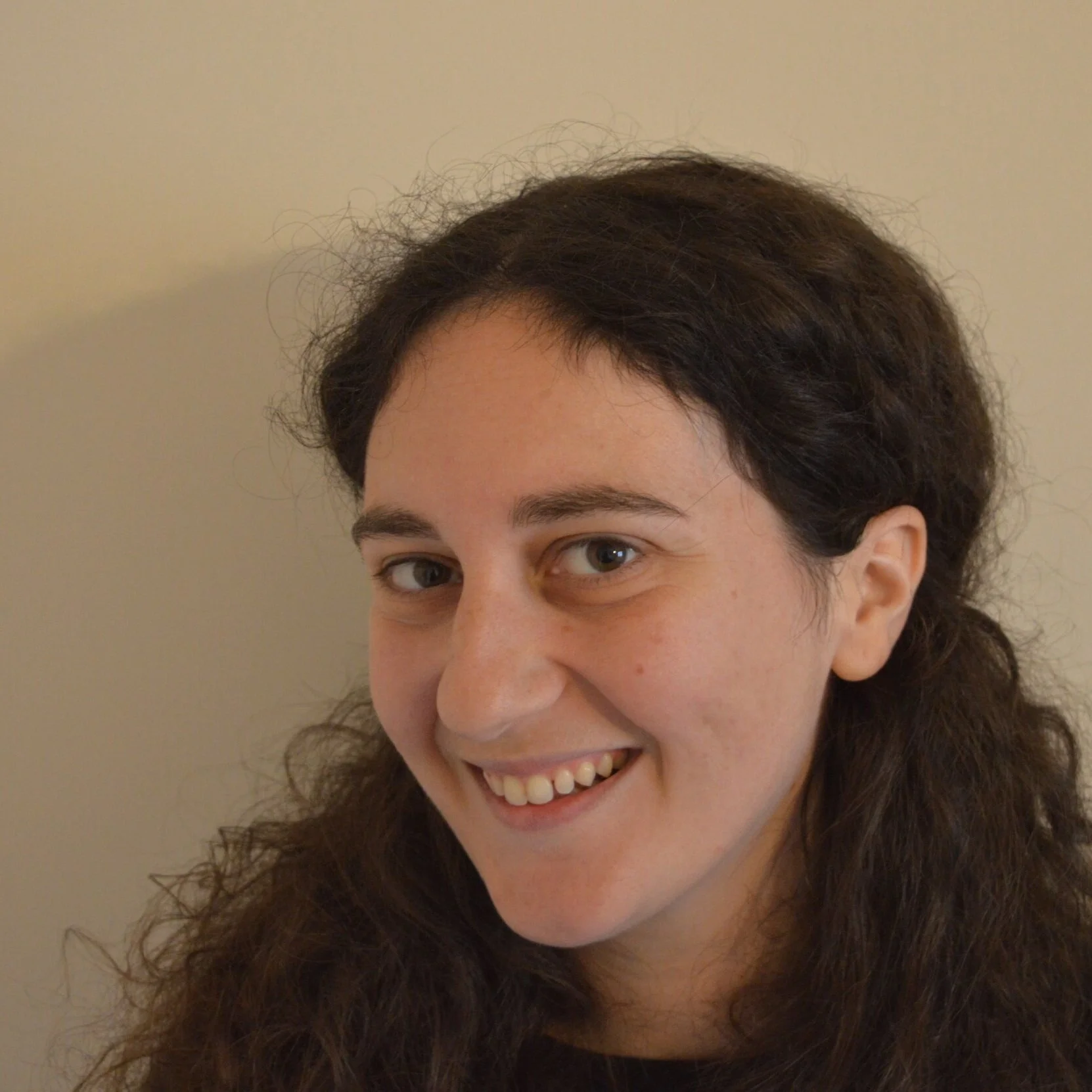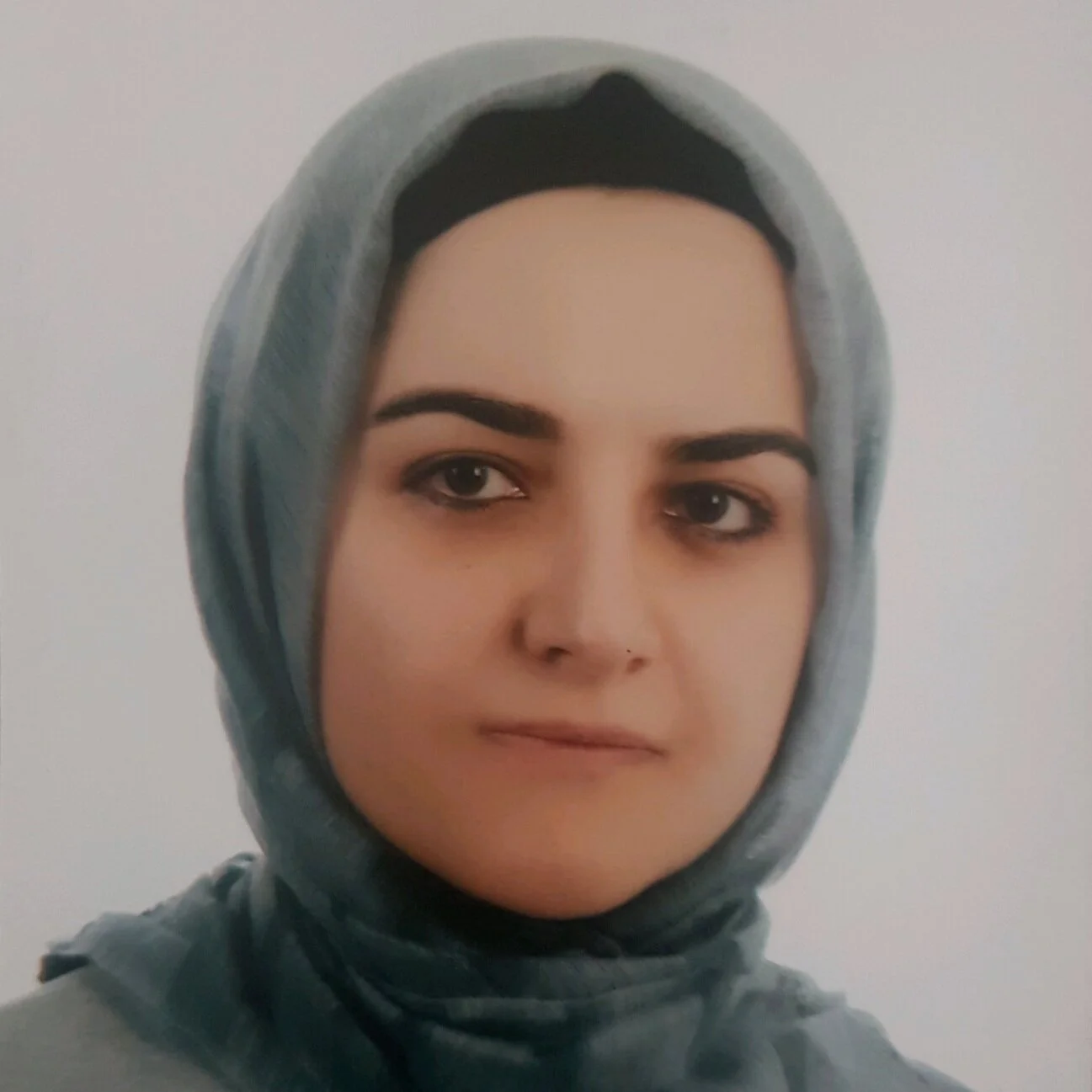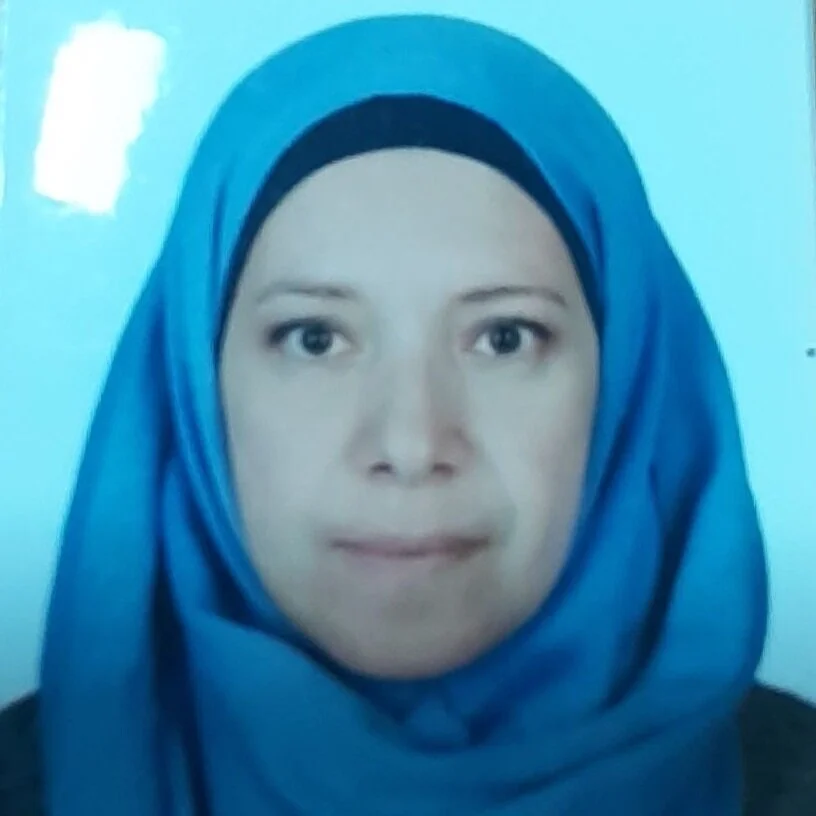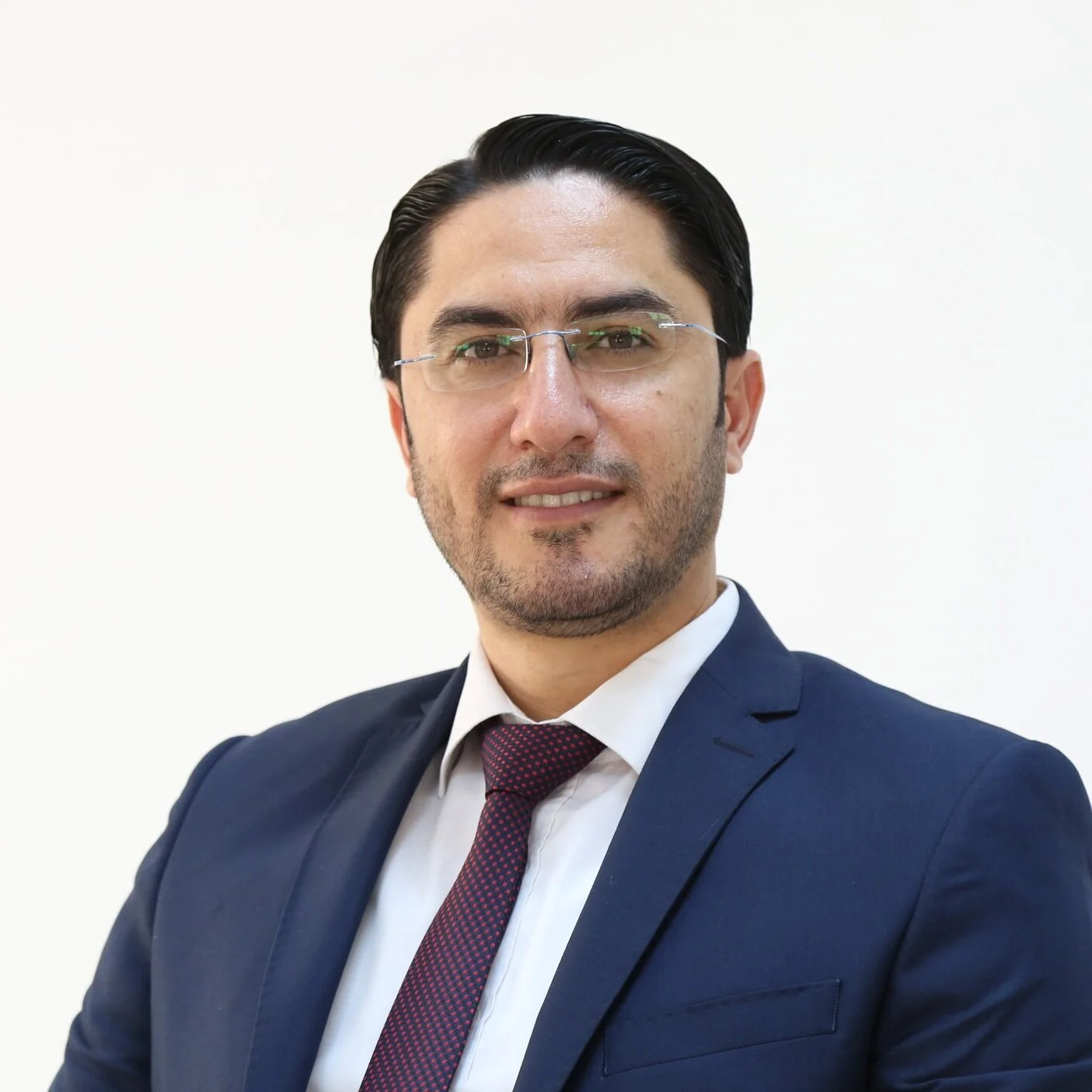Duration: December 2019 - August 2021
Funding Scheme: AHRC
Principal Investigator: Prof Lisa Boden
The Challenge
In fragile and conflict-affected countries such as Syria, and neighbouring countries such as Turkey, Jordan, Lebanon and Iraqi Kurdistan which host Syrian refugee populations, food production, availability, distribution and consumption is frequently compromised with consequences for food insecurity and nutrition. There is also extensive loss of in-country human and intellectual capital as academics are displaced from high risk areas as a matter of safety and security. Local knowledge, connection and expertise offered by Syrian academics in exile in the Levant is a major part of Syria's intellectual and cultural capital that has, so far, been largely ignored by the intelligence gathering and analysis activities informing humanitarian responses to the crisis. Furthermore, certain cultures of expertise (such as the arts and humanities) are often de-prioritised by decision-makers and funding bodies in favour of investments in projects which improve physical capital (infrastructure, technology and agricultural inputs) and natural resources to address immediate humanitarian food and health security needs. As a result, relevant, context-specific intelligence and expertise may be neglected or excluded from IGO, NGO- or government-led social and development programmes.
Research Aims
The AHRC-funded SyrianFoodFutures project aims to establish a network of diverse expertise between Syrian, Turkish and UK researchers, practitioners and decision-makers which promotes the importance of local cultural and technical knowledge and experience, and facilitates its integration into socio-economic development and reconstruction programmes to ensure a successful transition towards long-term contingency planning for food security and adequate nutrition among displaced Syrian communities.
Our project will foster and enable future opportunities for Syrian academics by facilitating professional connections, collaboration, continued academic development and contribution whilst in exile through:
Documentation and curation of local knowledge about the practical, cultural and emotional impacts of the conflict on food access, production and preparation
Building of local interdisciplinary research capacity and expertise in foresighting and strategic planning techniques
Creation of sustainable networks of expertise between Syrian academics and practitioners with other UK researchers, practitioners and cross-boundary public-private organisations involved in food security and global health governance.
This project will explore the future of food security in Syria by integration of different disciplinary perspectives on the history of agriculture, food production, preparation and consumption, through the lens of Syrian folklore, religion and music. In doing so, we will develop a scientifically robust and sustainable evidence-base which offers opportunities for this newly-established UK-Syria-Turkey research consortium to build sustainable long-term research projects (which are well-aligned with Syrian priorities) and horizon-scan for suitable future funding sources.
Anticipated Outcomes and Impact
This project will strengthen partnerships between UK researchers at the Universities of Edinburgh, Kent and Aberdeen, and Syrian academics Council for At-Risk Academics (Syria Programme) who are living in Syria and in exile in Turkey, Jordan and Lebanon. It will facilitate opportunities to build trusted relationships between scientists, academics and decision-makers to promote integration of cultural and technical knowledge and expertise in international decision-making and strategy development efforts to explore a diverse set of plausible long-term futures for agriculture and food production in Syria.
This approach will be informed and grounded by foundation research led by Syrian academics (from the arts and humanities and agriculture and food security networks within the Cara Syria Programme) to explore the history and impact of cultural and religious practice on agriculture and food production, preparation and consumption through different disciplinary lenses - including Syrian folklore and music. This will be complemented by ethnographic research about the impact of the conflict on current food environments (in Syria, Turkey, Jordan and Lebanon).
The Syrian Humming Project will seek to commemorate the accompanying emotional and psychological aspects of food (in)security, and more broadly, the sense of community and identities surrounding food and meals. Through online soundscape compositions developed from a collection of hums and songs offered by displaced Syrian communities, the project aims to tap into their memories of food, homesickness, love, working in the field, preparing and having meals together among other things as we listen to their hums.























